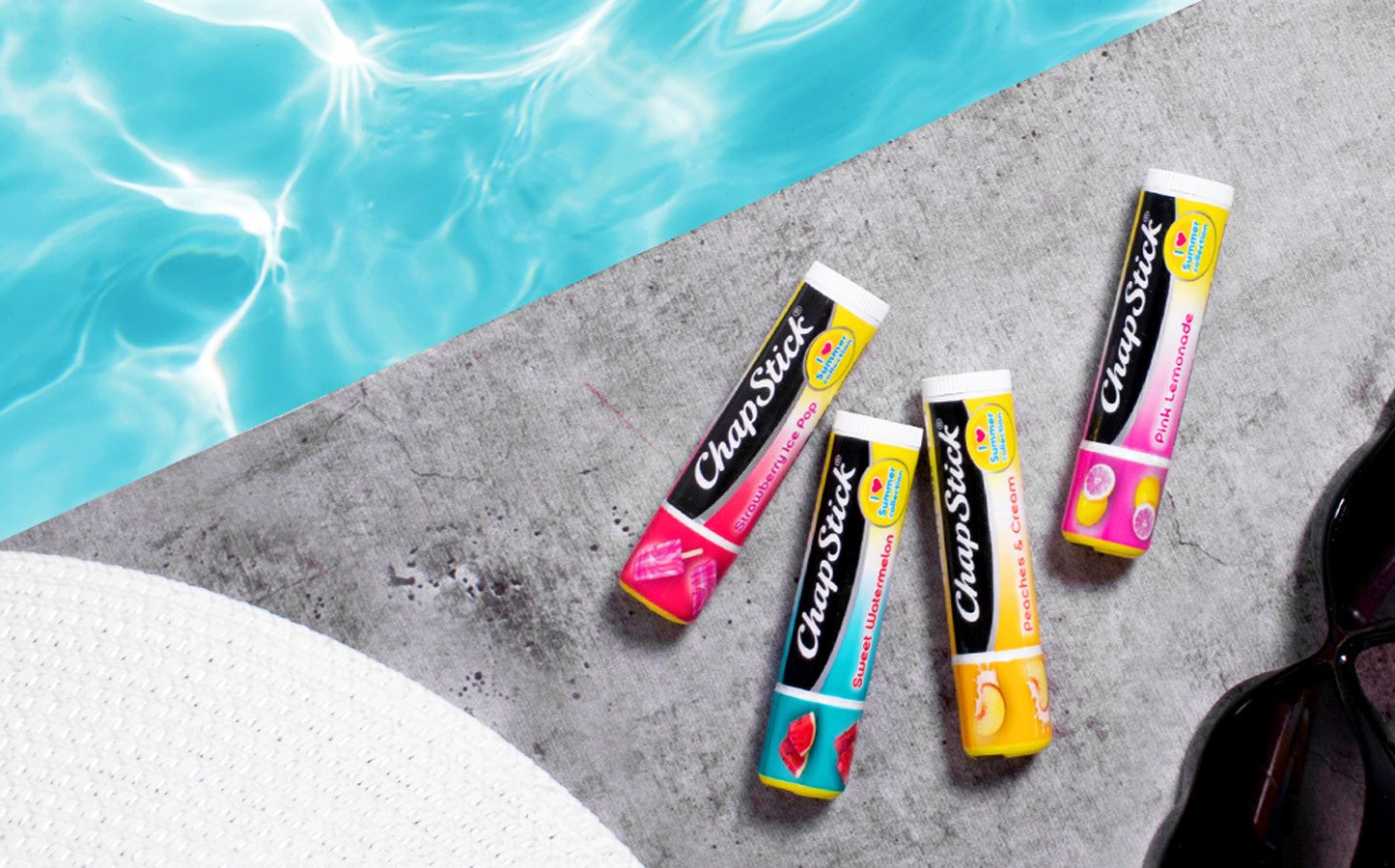
A closer look at common lip balm misconceptions, and how to really get relief for dry, chapped lips. You know lip balm. You love lip balm. It might have even been your first foray into the beauty aisle.
The explanation is obvious: Lip balm is one of those products that qualifies as a true essential. Without a tube on hand, things can get uncomfortable quickly, as anyone who's had dry or chapped lips can attest.
But with its popularity have come the inevitable rumors and misinformation. Some say that lip balm can cause you to become dependent on it, drying out your lips so you're doomed to chapped lips without it. Others claim that it can increase your risk of skin cancer. It's time to get to the bottom of these myths and restore lip balm to its rightful place'namely, your purse, or desk drawer, or pocket, or makeup bag (or all of the above).
Myth: You can get addicted to it.
Fact: Just as brushing your teeth and making the bed are daily habits you probably have, applying lip balm can also become a part of your routine when you're on autopilot; basically, something you always do, but that isn't addictive. So if anything, it could become a psychological dependence, according to the Cleveland Clinic. If you find that you need a lip balm with you at all times, apply it so often that it's a running joke among family, or allow it to interfere with your life'say, you're late to a meeting because you forgot to bring your lip balm and had to run back'that may qualify as a dependence. For nearly everyone, though, it's a harmless (and actually healthy) habit. The lips don't have the same oil glands as the rest of your skin, so they're more prone to dryness and irritation'making balm a must to keep them moisturized and avoid cracked lips.
Myth: Lip balm can dry out your lips.
Fact: Some believe that lip balms have ingredients that can dry out the lips in order to force you to keep using it. This just isn't true, as the entire point of a lip balm is to deliver moisture to your lips. What could be behind this misconception, though, is the inclusion of potentially irritating ingredients in some formulas. Those such as eucalyptus, menthol, and salicylic acid, which may be included in lip balm formulas in order to provide a cooling or tingling sensation, could irritate lips. If yours are particularly sensitive, the American Academy of Dermatology recommends sticking with healing ingredients such as white petroleum jelly, which you can find in ChapStick'® Classic Original Lip Balm. (It's a century-old classic for a reason and provides relief for chapped lips!)
Myth: Lip balm can cause skin cancer.
Fact: The thinking behind this myth is that by giving lips a sheen, lip balms and glosses alike draw sunlight to the lips and make it easier for UV rays to penetrate skin there. That's not how UV exposure works. While skin cancer can and often does occur on the lips, it's not the fault of lip balm. The more likely culprit? Not wearing a lip balm with SPF when you're spending time outdoors. On top of that, lips are more likely to burn if they're already chapped before getting sun exposure. So, if you plan to be outside, opt for a lip balm that offers at least SPF 30; aka, treat your lips as you do the rest of the skin on your face.
Myth: Licking your lips is basically the same thing.
Fact: Licking your lips to moisten them momentarily is one of the most counterintuitive things you could do. Saliva is not exactly a source of hydration'and once it evaporates, it leaves lips even drier. If your lips are dry or chapped and you don't have any balm on hand, your best bet is to wait it out until you get to some, rather than trying to get fleeting relief.
Originally published on MarthaStewart.com/Strive.

